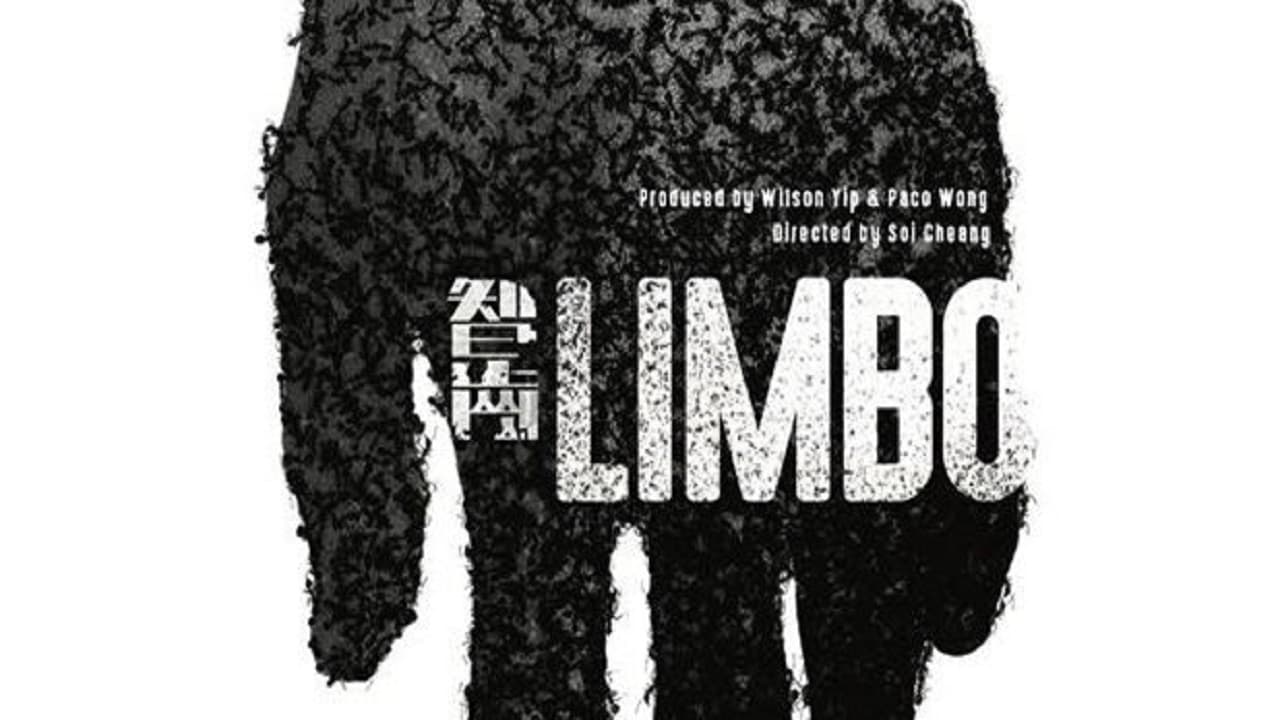
Babett-Knudsen is oddly underused in her glorified cameo role, despite being the most famous name in the cast.īut the real star here is the Scottish landscape. Rising British-Egyptian screen talent El-Masry gives a soulful, quietly hypnotic performance as Omar while Bhai exudes effortless comic energy as Farhad, his deadpan face a masterclass in mirthful minimalism, Buster Keaton with a hint of Borat. In doing so, he risks giving in to the sentimentalized melodrama that he has skillfully avoided up to this point.Īll the same, Limbo is an appealing little gem overall, with a feel-good message about the kindness of strangers that is glib and simplistic but hard to resist. Sharrock appears to be grasping at a profundity that is beyond his reach here. This tonal shift jars a little, sitting uneasily with the levity that preceded it.

A climatic scene, which falls somewhere between lyrical daydream and magical realist hallucination, reconnects Omar with his long-lost family and helps him embrace his obligations as a proud cultural ambassador. Limbo takes a more serious turn in its latter stages, when painful secrets and unexpected tragedies darken the otherwise playful mood. In a whimsical running joke that strains credibility, Sharrock paints his refugee protagonists as obsessive fans of kitsch American and European pop culture, from Freddie Mercury to Ross and Rachel from Friends. Even the casual racist abuse directed at these dark-skinned outsiders by the island’s young white natives soon dissolves into grudging mutual respect.

Omar and his fellow exiles sit patiently through comically absurd “cultural awareness” lessons hosted by their well-meaning hosts, Helga (Sidse Babett-Knudsen of Borgen and Westworld fame) and Boris (Kenneth Collard). With poor cellphone coverage and limited landline access on the island, communication with his parents is sporadic and draining.ĭrawing on his personal experiences of living in the Middle East, including working in refugee camps, Sharrock depicts the migrant experience with a refreshingly light touch, not exactly joyous but more farce than tragedy. A skilled oud player in his past life, Omar now seems too depressed for music, haunted by guilt over the family he abandoned, especially older brother Nabil (Kais Nashif), who stayed behind to fight in Syria’s civil war. He shares a dingy cottage with a motley crew of fellow migrants, including the eccentric Afghani Farhad (Vikash Bhai) and two bickering brothers from West Africa, Wasef (Ola Orebiyi) and Abedi (Kwabena Ansah). The episodic plot of Limbo chiefly centers on Omar (Amir El-Masry), a refugee from war-torn Syria stranded in open-ended exile on a remote Scottish island as he waits to hear whether the British government will grant him asylum. Limbo became the first ever film to shoot on Uist, though nearby Barra was used for the classic Ealing Studios comedy Whisky Galore! (1949).


For this nameless no man’s land, Sharrock chose Uist, a sparsely populated cluster of islands at the southern end of the Outer Hebrides peninsula, which lies about 40 miles north-west of the Scottish mainland. A visually stunning landscape of treeless hills, deserted roads, wide-open sky and rocky coastline, the unnamed island location of Limbo is a key character in the story, serving both a dramatic and psychological function.


 0 kommentar(er)
0 kommentar(er)
